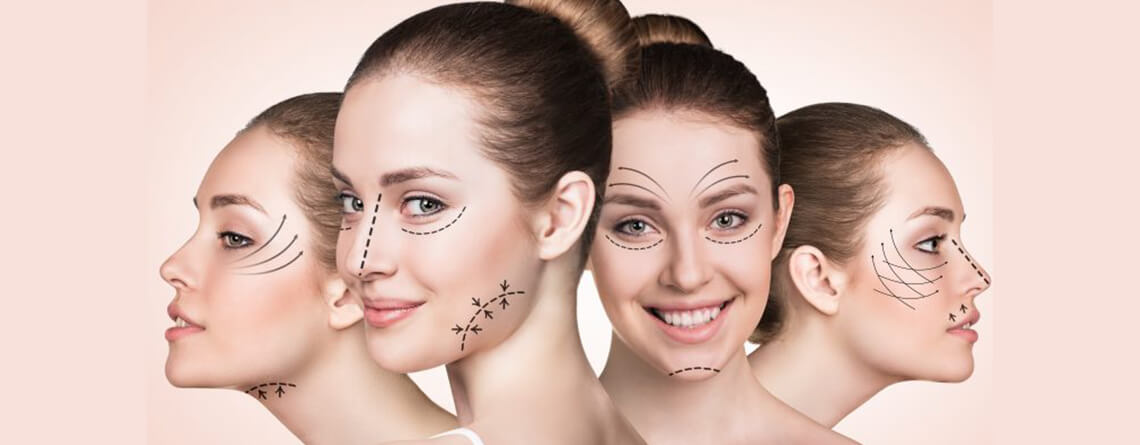Cosmetic Surgery vs. Plastic Surgery: Understanding the Key Differences for Informed Choices

When considering enhancements to your appearance, you may find yourself wondering about the differences between cosmetic surgery and plastic surgery. While these terms are often used interchangeably, they serve distinct purposes. Understanding the nuances between them can empower you to make informed choices on your journey toward aesthetic improvement. Let’s dive into the specifics!
Cosmetic Surgery: Enhancing What You Already Have
Cosmetic surgery focuses primarily on aesthetic improvement. It is an elective procedure aimed at enhancing your physical appearance rather than addressing medical issues. This type of surgery is designed to refine, reshape, and rejuvenate features that are already functional. Whether it’s smoothing out wrinkles, reshaping your nose, or sculpting a more defined jawline, cosmetic surgery offers transformative results tailored to your beauty goals.
The Purpose of Cosmetic Surgery
The goal of cosmetic surgery is to achieve balance and harmony in your appearance. Factors such as genetics, aging, and lifestyle can influence how you look. Experienced cosmetic surgeons utilize advanced techniques to create natural-looking enhancements that complement your existing features. This surgery is not just about vanity; it’s fundamentally about boosting confidence. Many individuals report feeling more self-assured in both personal and professional contexts after undergoing cosmetic procedures.
Popular Cosmetic Surgery Procedures
With advancements in technology and refined surgical expertise, the range of cosmetic procedures available today is vast. Some popular options include:
- Rhinoplasty: A procedure that reshapes the nose, enhancing facial balance.
- Breast Augmentation: Increases breast size and improves shape using implants or fat transfer.
- Liposuction: Removes stubborn fat deposits to sculpt the body.
- Facelifts: Addresses sagging skin and deep wrinkles for a youthful appearance.
- Tummy Tuck: Tightens excess skin and muscles in the abdomen.
The Psychological and Emotional Impact of Cosmetic Surgery
Cosmetic surgery can lead to significant psychological benefits. Many individuals who feel insecure about their appearance find that surgical enhancements improve their self-esteem and overall quality of life. Research indicates that satisfaction with one’s appearance leads to increased confidence in various social and professional situations.
Is Cosmetic Surgery Covered by Insurance?
Typically, cosmetic surgery is considered elective and is not covered by insurance. These procedures are generally out-of-pocket expenses. However, if a procedure has functional implications (like eyelid surgery for obstructed vision), partial insurance coverage may be available. It’s advisable to discuss financial options with your surgeon prior to any decision-making.
The Importance of Choosing the Right Specialist
Understanding the differences between cosmetic and plastic surgery is crucial for selecting the right specialist for your needs. If your goal is purely aesthetic enhancement, a qualified cosmetic surgeon can assist you. However, if your concerns involve reconstructive procedures or medical conditions, seeking a plastic surgeon with specialized training is essential.
In conclusion, whether you are looking to enhance your appearance or address a medical concern, making informed choices about your surgical options is key. With the right knowledge and guidance, you can embark on a transformative journey that aligns with your unique beauty aspirations.
For more information and to explore your options, visit surgora.com and take the first step towards achieving your ideal appearance!






